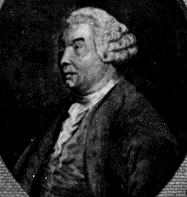Hume,david

Hume, David (1711-1776) Scottish Political Thinker: Hume studied at the University of Edinburgh, although he did not complete his studies, and tried his hand at law and commerce before he moved to France in 1734, where he wrote A Treatise of Human Nature, published anonymously in London. This book, his first and most important work, grew out of the empirical tradition of John Locke, and discussed ethics and political theory. Hume challenged the "social contract" of Jean-Jacques Rousseau, Thomas Hobbes, and Locke. The Treatise received a poor reception, but his next book, Essays Moral and Political, was an acknowledged success. Nevertheless, Hume's atheism made him an unpopular figure. Among his most influential works was the three-volume History of England, which was widely read in the American colonies. Hume held that self-interest is the major motivation of human action. He hoped that a study of history would help achieve an understanding of human nature, which would serve as the foundation of a system of government that would work with rather than against natural human inclinations. James Madison drew on Hume's ideas when defending the new federal system created by the U. S. Constitution.
Hume traveled to France, where he was accepted by the court and literary society, and returned to England with his new friend, Rousseau, who later provoked a bitter fight with him. Hume finally returned to Scotland in 1768, where he died eight years later. Hume's death was mourned by intellectuals across Europe and America, and has been hailed the dominant influence in empiricist philosophers of the twentieth century.
 >
>